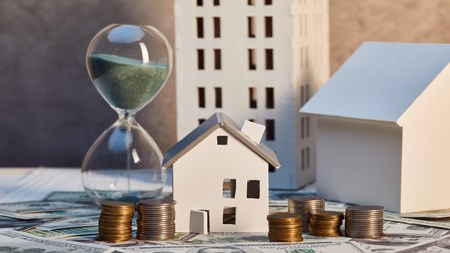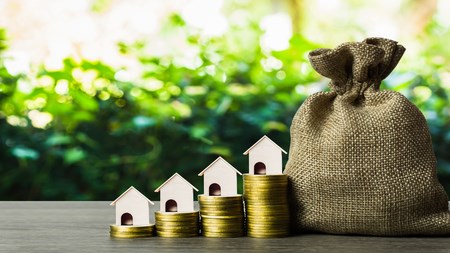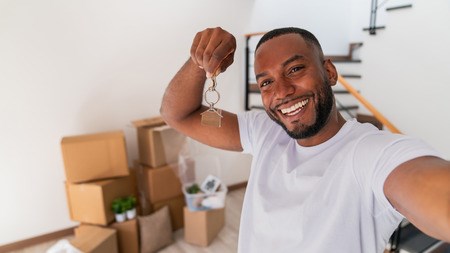Green Leases are beginning to make an appearance in South Africa. Already very much the norm in Australia and America, such leases are, according to the Green Building Council of South Africa (GBCSA) “the future of lease agreements in South Africa.” According to recent research conducted by the GBCSA and the South African Property Owners Association (SAPOA), both tenants and landlords are increasingly demanding Green Leases.
But what is a Green Lease? According to Bruce Kerswill, Executive Chair of the GBCSA, a green lease differs from ‘traditional’ leases in that it defines certain contractual lease obligations between a landlord and a tenant relating to a building’s environmentally friendly protocols.
The GBCSA says a number of factors are driving the introduction of green leases in South Africa. These include the fact that green buildings provide a healthier and more productive indoor environment and use less energy which translates into reduced overall costs.
According to Kerswill, the increasing interest in green buildings is galvanising developers to build sophisticated Green Star SA-rated buildings and Green Leases, which set out the responsibilities of each party, are the ideal way of measuring this performance and dealing with cost issues relating to such buildings. Says Kerswill: “A Green Lease can ensure that a building that is designed to be sustainable is operated sustainably. What’s more, property owners will be under pressure to improve the energy performance of their buildings as more and more South African tenants seek to lower their energy costs as well as reduce their carbon footprints.”
Kerswill adds that Green Leases are also being seen as a way of attracting tenants. “Nearly 80% of our waking time is spent at work and there are indications that ‘green’ buildings are better for overall health, wellbeing and productivity. Corporates are also seeing green buildings as a way of attracting high-level staff.”
Examples of a landlord’s obligations relating to a Green Lease include, amongst others, the metering of energy and water consumption of each tenant, the provision of evidence that all building elements and systems are installed and operated with maximum efficiency and the provision of dedicated recycling facilities. Under a Green Lease, tenants would be required to ensure their office fit-out avoids the use of toxic materials, that energy efficient office equipment is utilised and that recycling and waste management programmes are followed.
“Green buildings offering green leases will ultimately attract and retain tenants for longer and at optimal rentals. Additionally, green leases can ensure that tenants and landlords both benefit from the cumulative reduction in operating expenses of a green building. Accordingly, green leases are generally collaborative, with both parties committing to certain obligations,” says Kerswill.
According to the GBCSA, a lack of sufficient knowledge regarding Green Leases could lead to unrealistic parameters and expectations. As such, it is crucial that both landlords and tenants fully investigate Green Leases before implementing them.
In an effort to offset any such potential problems, the GBCSA and SAPOA have taken it upon themselves to develop a Guide to Green Leasing with recommendations and guidelines that will allow owners and occupiers of buildings to establish Green Leases.



